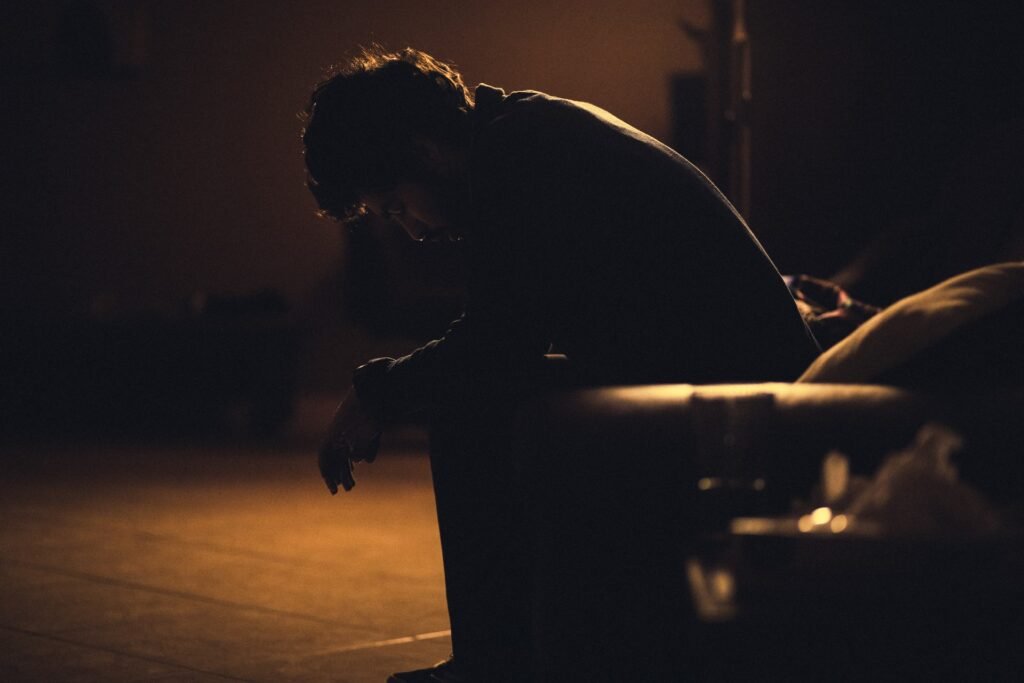Ibogaine for Anhedonia Depression
Ibogaine Treatment for Anhedonia and Depression

At our centre, we use ibogaine, a naturally occurring psychoactive alkaloid found in the West African Tabernanthe Iboga plant. This potent plant medicine has the unique ability to target and reset the specific areas of the brain that have been damaged by addiction or mental health disorders, including anhedonia and depression.
Although ibogaine treatment cannot claim to be a universal cure for all mental health issues, it has shown significant benefits in many cases. At our centre, we have successfully utilized ibogaine to treat various mental health concerns, including anhedonia, depression, and others.
Anhedonia: When Pleasure and Joy Seem Out of Reach
Anhedonia is a prevalent symptom of depressive disorders, including major depressive disorder. It leads to an extreme loss of interest in activities that are usually pleasurable, such as music, food, socializing, and sex. Those experiencing anhedonia often describe a general feeling of numbness, accompanied by a pervasive negative outlook on life and a sense of hopelessness.
In addition to its association with depression, anhedonia can also be present in people who have struggled with drug or alcohol addiction for extended periods, as well as those suffering from dysthymia, a form of chronic depression.
Depressive disorders can stem from various sources, including event-based traumas, addiction, underlying medical conditions, and neuropsychiatric disorders like schizophrenia, post-traumatic stress disorder, and psychosis.
Anhedonia is often accompanied by imbalances in neurotransmitters like dopamine and other chemical messengers. Reduced levels of dopamine, in particular, play a significant role in the severity of anhedonia symptoms in an individual.
At our centre, we recognize the complexity of anhedonia and depression and strive to provide personalized treatment options that address the underlying causes and promote lasting recovery.
Traditional Therapy and Anhedonia: Can it Help?
Anhedonia is often considered a symptom of depression and is commonly treated with antidepressant medications such as Selective Serotonin Reuptake Inhibitors (SSRIs). However, research indicates that individuals with anhedonia may be more resistant to the neurological effects of these medications.
While some clinicians have explored alternative treatment options, such as ketamine or psychedelic microdosing (regularly taking sub-hallucinatory doses of psychedelics like psilocybin or LSD), these methods have yet to gain widespread acceptance within the medical community.
Electroconvulsive Therapy (ECT) is another traditional treatment option that may be used for severe depression and anhedonia.
During this procedure, electrodes are placed on the patient’s scalp, and a healthcare professional administers electrical currents to the brain while the patient is under anesthesia, resulting in induced seizures. ECT is believed to be beneficial in treating depression that is resistant to antidepressant medication.
How Ibogaine Addresses the Root Causes of Anhedonia and Depression
When discussing mental health concerns, it is essential to differentiate between the two primary causes of these issues.
The first is internal and involves physical problems such as chemical imbalances or neurological conditions, which can contribute to anhedonia.
The second type of mental health issue is trauma-based, which occurs when an individual experiences highly traumatic external events that can lead to post-traumatic stress disorder (PTSD), anxiety, or chronic depression (dysthymia), whether in isolated or recurring instances.
Ibogaine is particularly effective in treating physical (internal) issues that stem from impaired brain functionality.
The reason ibogaine is effective in treating these issues is that it promotes a neurological reset that targets and matches the areas of the brain where the imbalance exists.
After taking a full dose of ibogaine, individuals enter a psychedelic journey that lasts from eight to twelve hours. During this journey, they are presented with memories and past issues in the form of visual hallucinations.
While the psychedelic journey takes place, ibogaine works on the mesolimbic pathways, increasing serotonin and dopamine release in regions of the brain such as the nucleus accumbens, striatum, and prefrontal cortex.
Patients who have received ibogaine treatment for anhedonia frequently report significant breakthroughs compared to years of talk therapy. Research indicates that ibogaine is most effective in treating mental health issues where the origin is internal or related to the brain’s neurological and chemical function, rather than trauma-based.
If you are experiencing prolonged depression and have been diagnosed with anhedonia, Tabula Rasa Retreat can help.
Please contact us, and we can assist you in determining whether ibogaine treatment is the appropriate choice for you.
